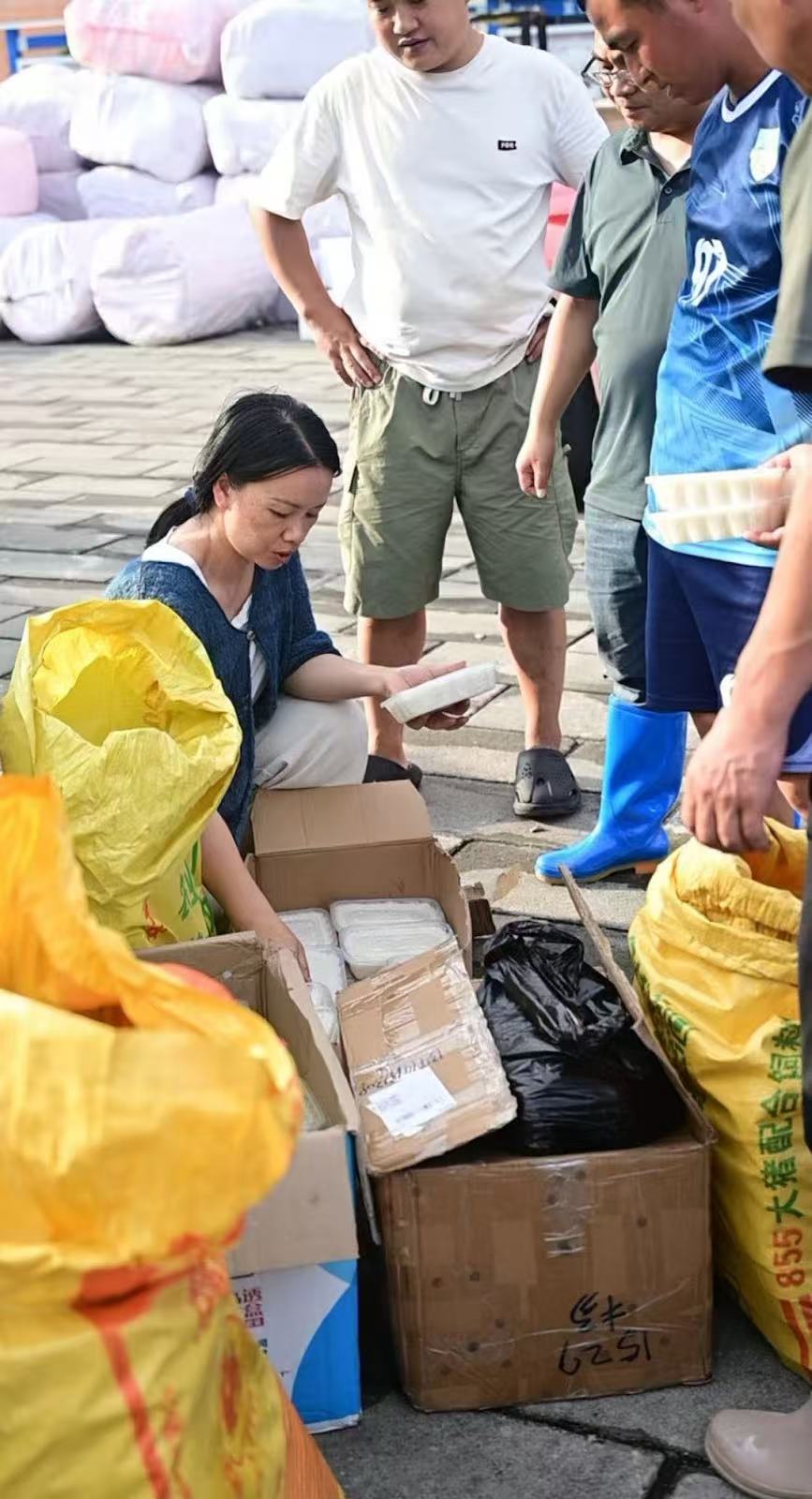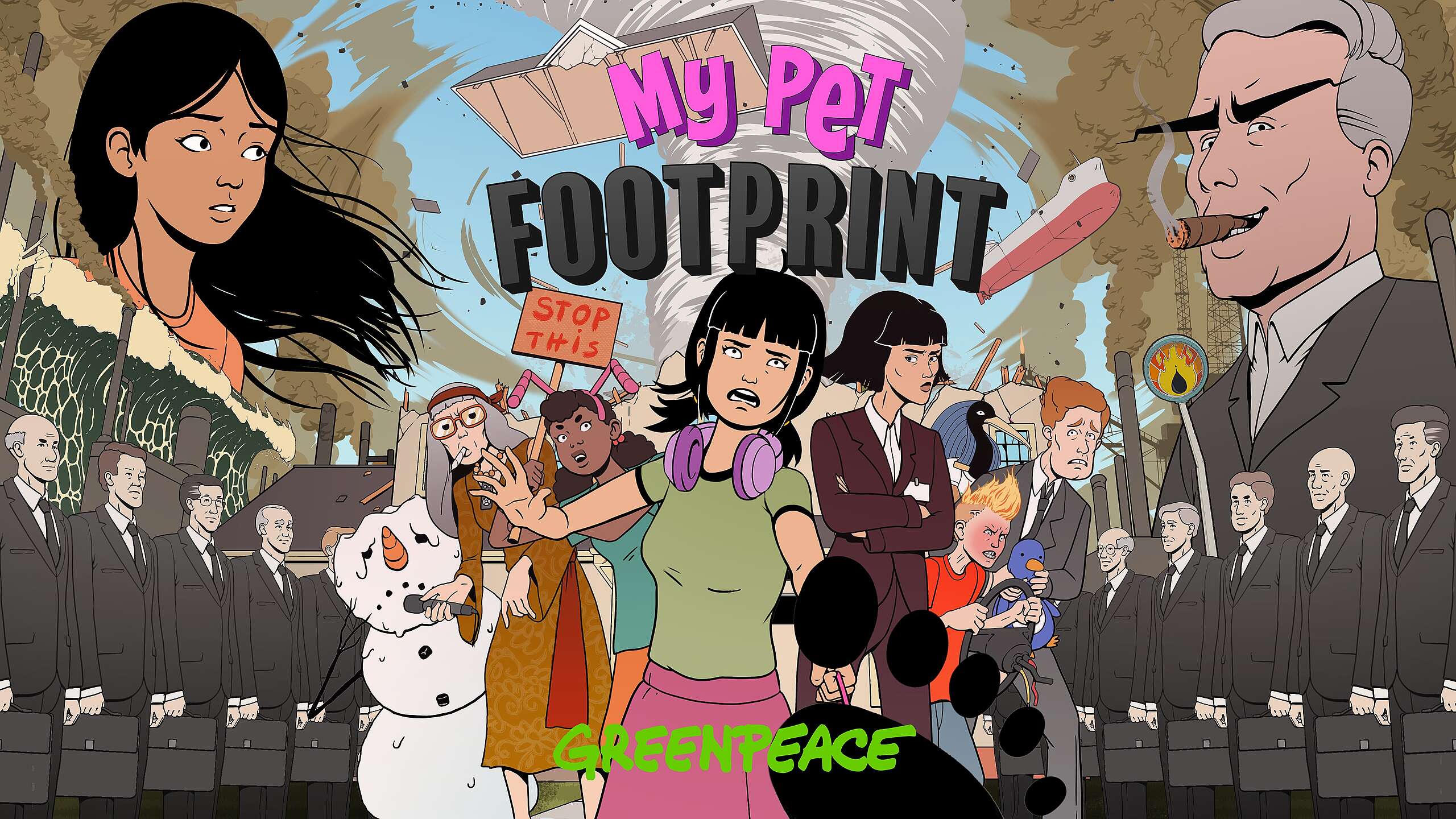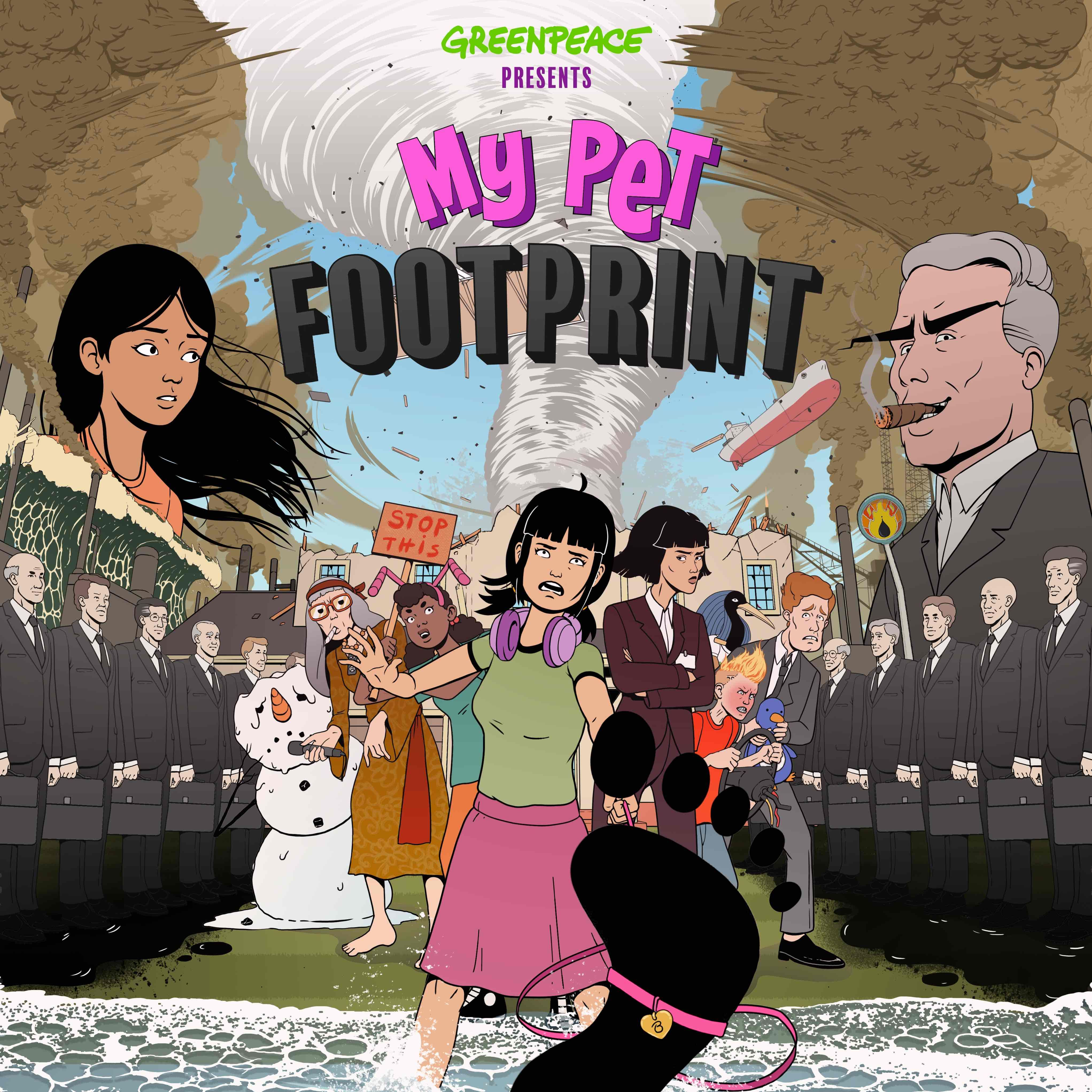Scientists have a unique role in tackling the climate crisis. This month we have Professor Amos Tai, Associate Professor of Earth System Science at The Chinese University of Hong Kong, to share his views on this pressing environmental issue. Let’s grasp this opportunity to have a peek on how a scientist takes action and makes positive change in the climate movement!
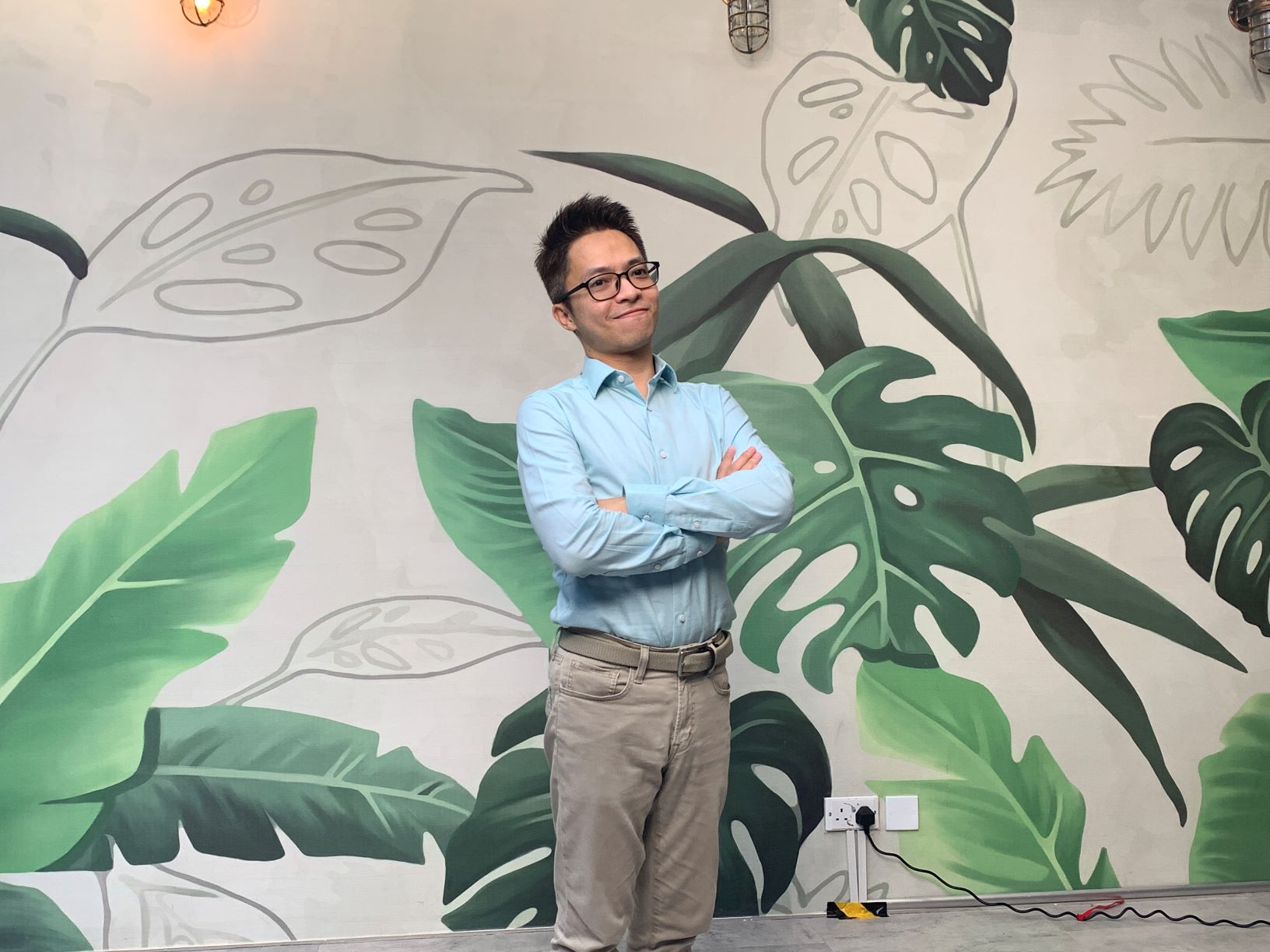
Scientists’ duel role in climate change
Being a scientist is not just about burying into the world of scientific research. For Amos, he finds that a scientist has another important mission to educate the public. Therefore, Amos is not only keen on researching the causes, impacts, and solutions of climate change, he also puts his heart into giving talks or even going into secondary and primary schools to meet with the students, sharing his insight in a way that can appeal to the public.
Amos loves nature, animals, plants, and has a childhood dream to become a zoologist. He was a science student in secondary school with great academic achievement. ‘It is almost like a norm in Hong Kong that a person with good academic results in science has to go to the medical school for tertiary study.’
However, Amos has chosen another path. Although he got an offer from The Chinese University of Hong Kong to study medicine, he went to the US to pursue a degree in Environmental Engineering Science at the Massachusetts Institute of Technology. ‘It is quite a decision as it is far from being conventional. In fact, I believe tackling environmental issues is also saving people’s lives, just in a different way. If air and water quality as well as other environmental conditions can be improved, human beings will be healthier. So I’d like to become the planet’s doctor instead of a medical doctor.’
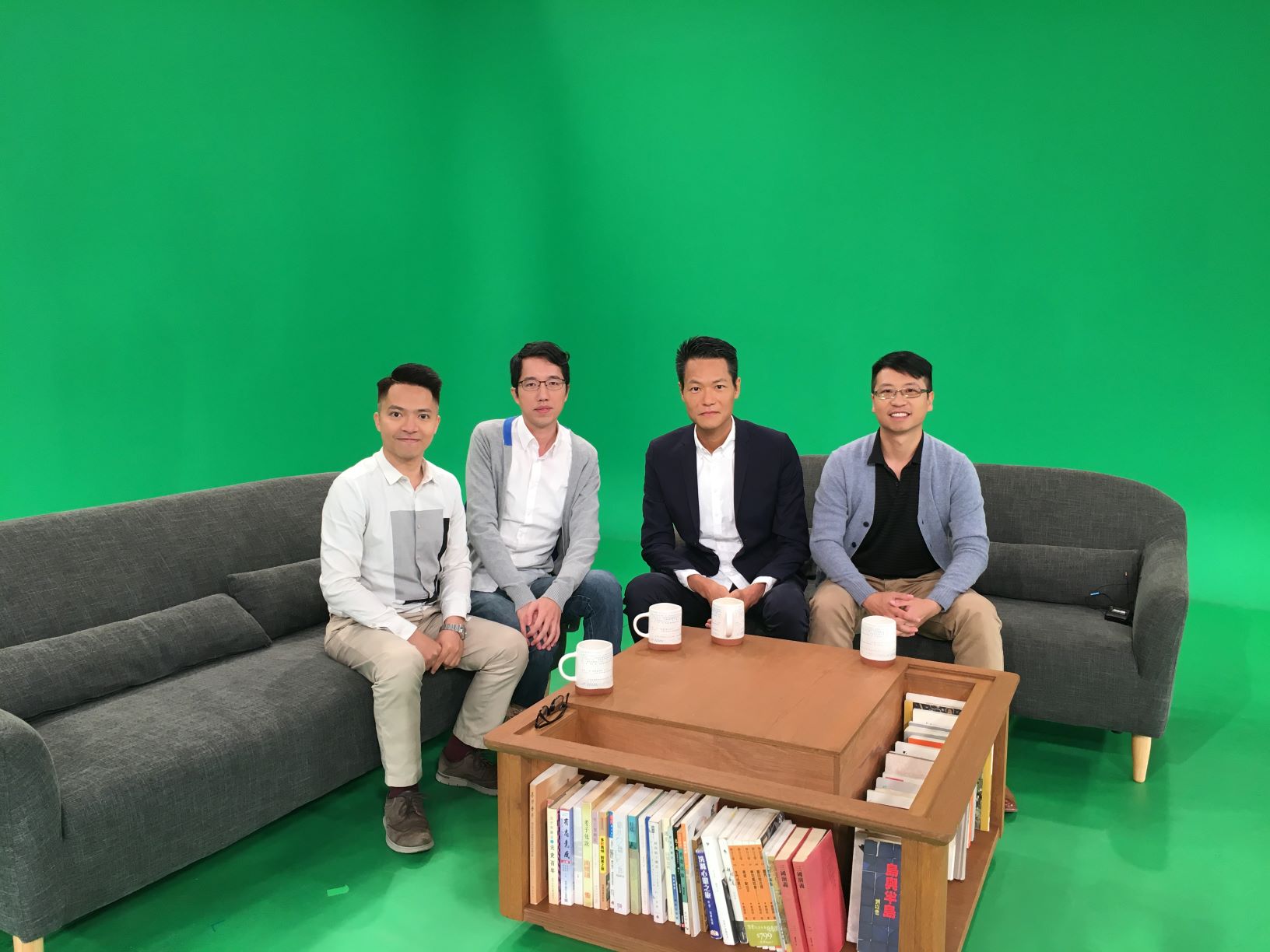
Amos is researching and teaching the broad field of Earth System Science now. ‘It is not just about minerals and rocks as in traditional Earth Science, Amos said. ‘It’s about understanding the interactions between different components of the Earth System, and I’m particularly interested in observing and predicting how the climate system is changing. We study and mitigate the impacts of atmospheric changes on human and ecosystem health, addressing issues such as air pollution, extreme weather, climate change, and the subsequent impacts for food production and the balance of ecosystems.’
Amos’s research is centred around the relationship between air pollution, climate, and land. ‘From a science perspective, they are highly interrelated. Air pollution and climate change affect agriculture and land ecosystems. On the other hand, proper management of land use, forest resources and agricultural practices could reduce air pollution and fight climate change.’
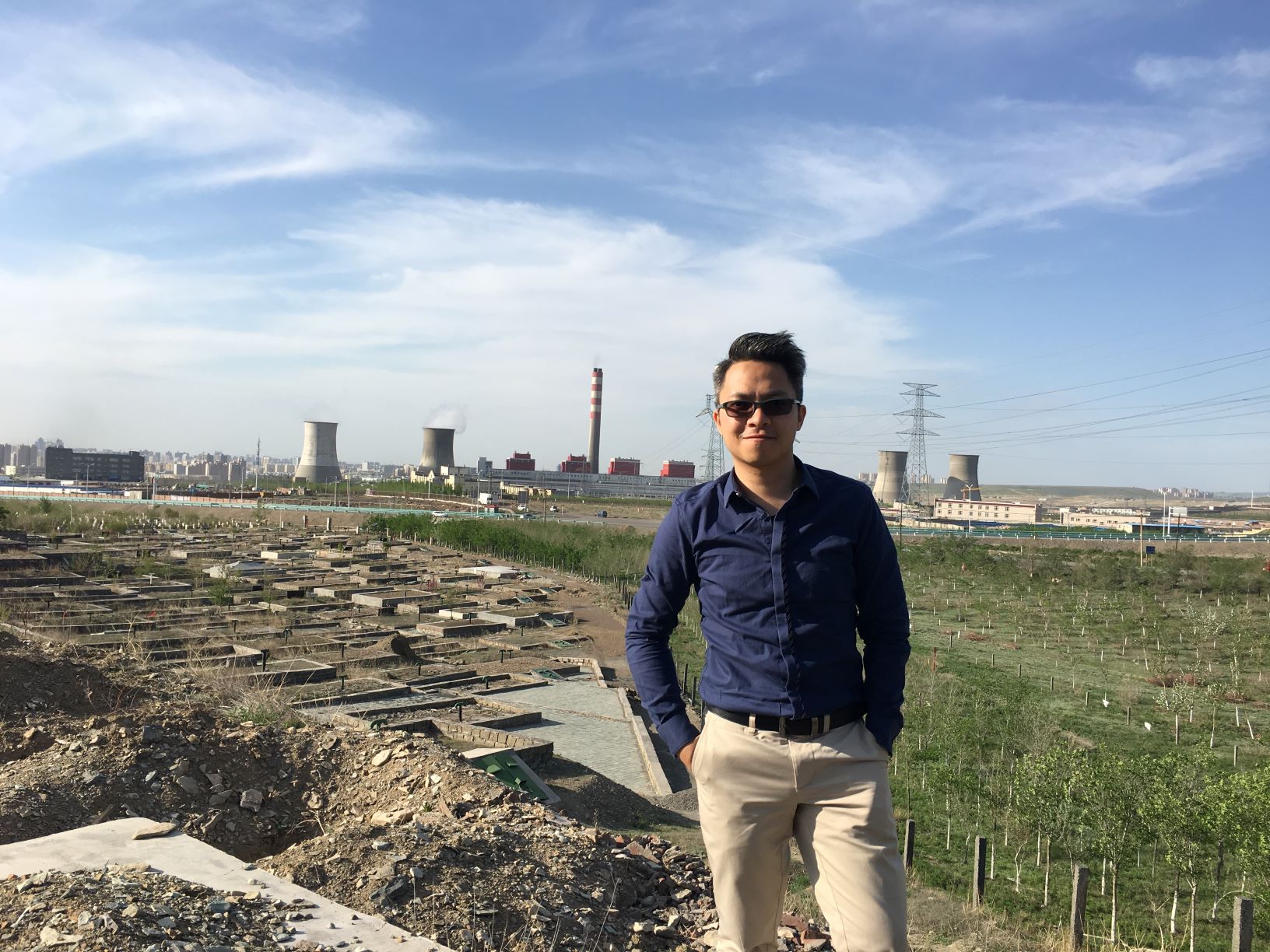
Saving the Climate: What are the dos and don’ts?
A city as small as Hong Kong may look insignificant in reducing the Earth’s overall carbon and nitrogen emission. However, as Amos explains, Hong Kong does have a role in mitigating the weather and preventing the surge of hot days.
Amos suggests two actions to Hong Kongers that could help climate adaptation:
- Forest Research and Management
Forest management is a lot more than planting more trees and creating a greener city. Amos emphasizes the importance of planting appropriate species of trees, and that “not all trees are the same”. While many species of trees are great for carbon uptake, pollutant uptake and surface cooking, many also emit organic compounds that can react with chemicals from vehicle exhaust to cause more air pollution. ‘Cross-departmental collaboration is crucial; people that deal with air pollution and climate change should work closely with those who manage trees, to create a positive impact of climate adaptation and pollution reduction.’ He is keen on exploring more research into the balance between different effects of tree planting to bring the most environmental benefits.
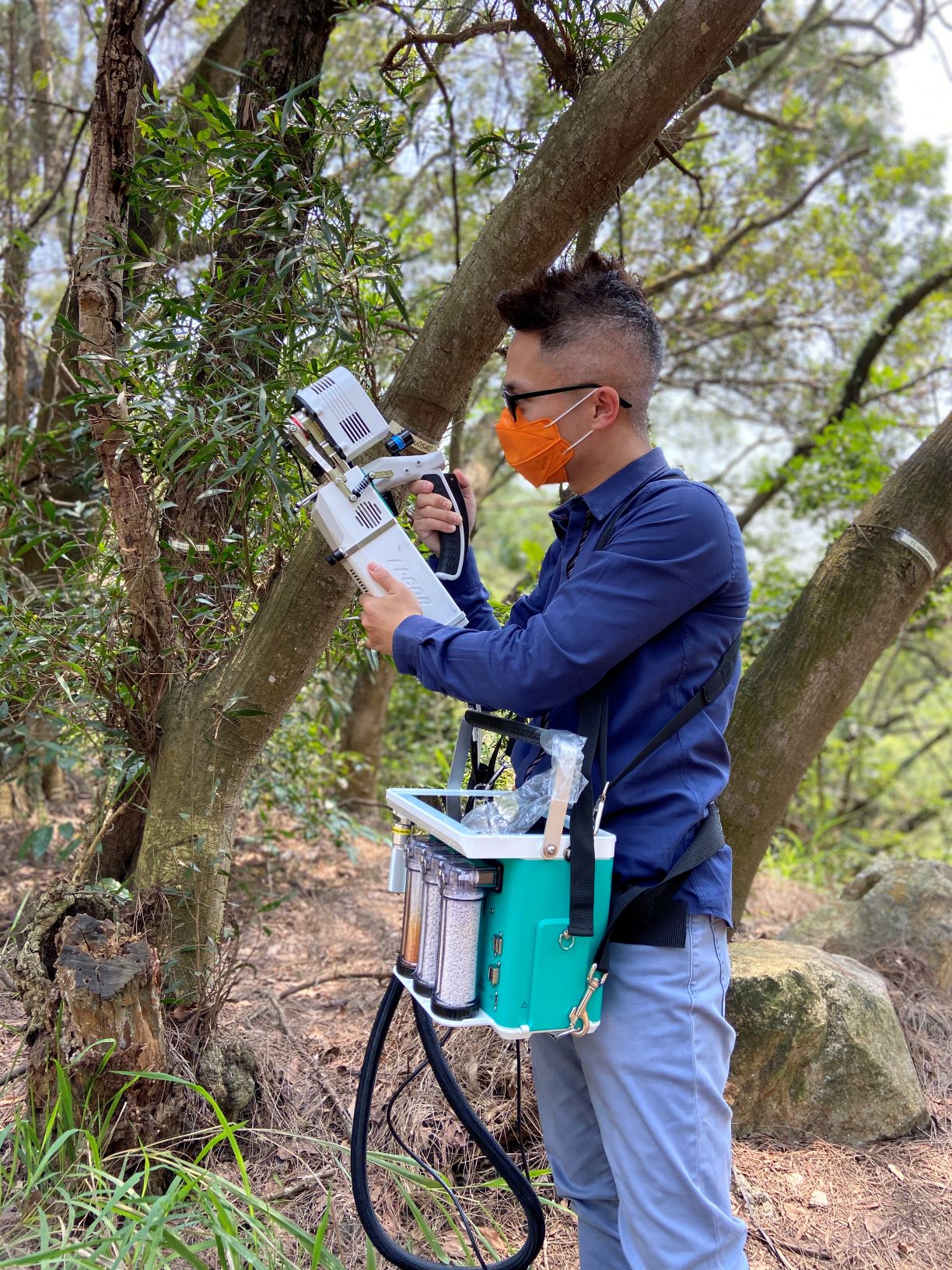
2. More Vegetable and Less Meat
‘Hong Kong’s meat consumption is among the top cities globally; it contributes to 30% calories of our daily diet. As demand and supply are highly interlinked, our dietary choices are profoundly driving the food production sector.’ Amos encourages Hong Kongers to adopt a healthier eating habit to save the environment.’
‘Meat production is one of the main sources of greenhouse gases that cause climate change. From my research, I also discovered that the demand and supply of meat constitute a lot of air pollution. You might think that cars, factories, coal burning, and the use of energy are the origins of air pollution, but our research finds that 20-30% of fine particulate matter (PM2.5) is from agriculture, among which meat production plays the dominant role. This is mostly because the production of meat and animal feed generates a lot of nitrogen compounds, which ultimately give rise to more greenhouse gases and air pollutants.’ Amos added.
Walking along with teens to fight climate change!
Through public education work, Amos gets to connect with young people a lot. He is impressed by our next generation on their rich knowledge on climate change, and their passion to fight against it. ‘Our primary and secondary school students are so knowledgeable on the issue, while the government, corporates or public are not walking the talk or giving the issue the same kind of attention.’ Amos thinks we should not disappoint the next generation by ignoring a critical issue and do nothing about it. ‘As adults, regardless of which sector we are in, should work together and make fighting climate change a priority. It is important for the government, commercial sector, and academia to face the challenge together, bring in social, economic and political solutions, to create hope for the kids to keep their passion going.’
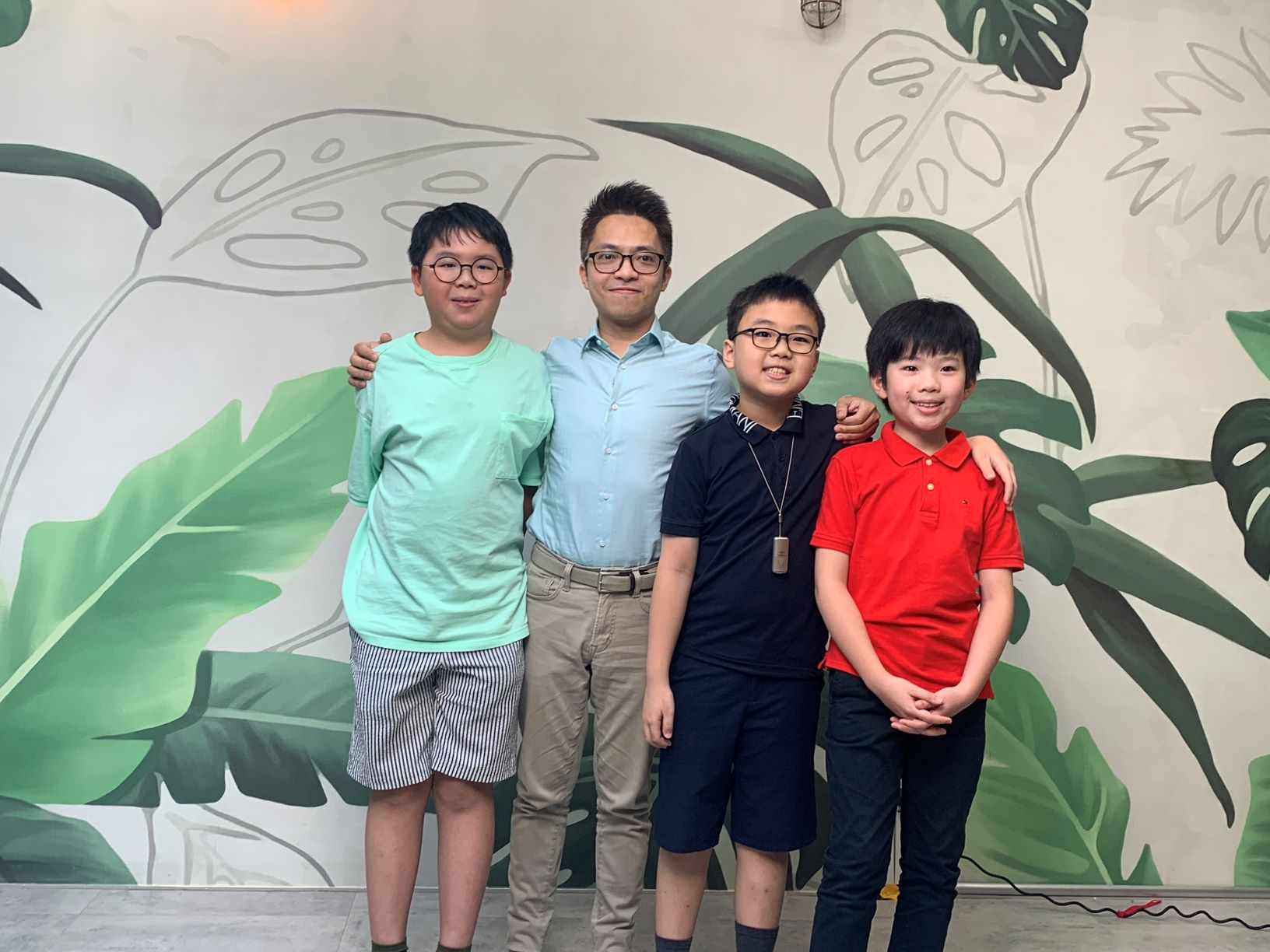
Lance X Greenpeace Climate Classroom: Amos has recently joined our teen activist Lance, Bryan and Omeo in the climate classroom, to share with Greenpeace supporters on climate change. Check this clip in Cantonese if you would like to learn more.
About “Let’s Talk about Climate Change” series
Climate change is not only here, but it has also evolved to “Climate Emergency”. As global citizens, we should not ignore the crisis we are in. Yet sometimes if not all, we might feel the issue is too big for us or too far away. We are inviting people in our local community, from all walks of life, to share with us how they connect to and make the effort to deal with climate change. Read More

